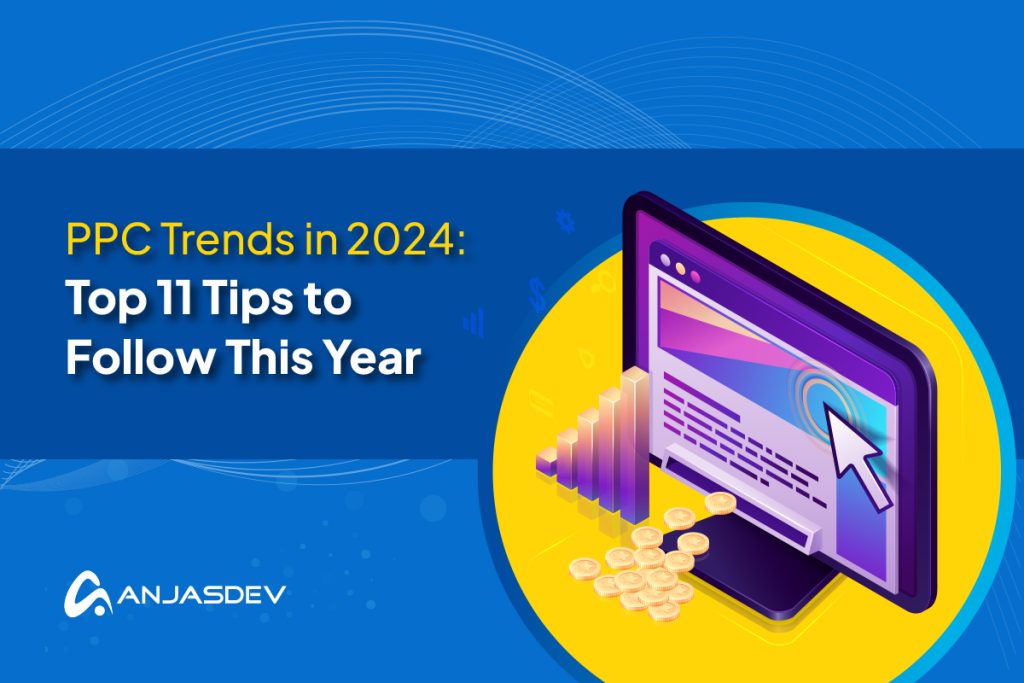On March 5th, 2024, Google rolled out its latest core algorithm update, and it has already had widespread effects on search results, including some well-visited websites disappearing overnight.
Carry reading to learn all about this new update and what it might mean for you.
The March 2024 Google Core Algorithm Update
Google’s most recent core algorithm update aims to create a search experience that prioritizes helpful, people-oriented content rather than artificial, unhelpful content designed simply to generate SEO ranking.
Following initial algorithm tuning work in 2022, Google estimates that this March 2024 update will reduce the amount of low-quality and unhelpful content appearing in searches by up to 40%.
So, how have they managed this?
Using a multi-faceted framework taking into account multiple factors, including heavy use of AI content, low-quality or outdated webpages, conformity to search quality guidelines, and the misuse of expired .gov and .edu URLs, many websites caught in Google’s sights have found themselves deindexed from search results overnight or served with manual action penalties.
To understand just how widespread this action has been and that no website is exempt even in spite of organic traffic and revenue, Ian Nuttall of Niche Site Metrics monitored a cross-section of 49,345 websites. As a result of the update, 837 were deindexed. From the top 3 sites alone, $207,349 in monthly earnings and over 14 million site visits have simply vanished from Google Search results.
What types of sites have been affected?
Websites that have found themselves on the wrong side of Google’s core algorithm update all meet specific criteria. These include:
- Sites using AI-generated content: Although the use of AI to create content is not prohibited on Google’s platform, content that is clearly AI-generated without some sort of human oversight or quality control applied will lead to a website being deindexed. This is especially true of sites publishing hundreds, if not thousands, of new pages of AI content every day.
- Low-quality content: Website content that has clearly not been formatted for human consumption and is simply designed to bolster search results is susceptible.
- Websites that don’t conform to search quality guidelines: Sites, both big and small, that violate Google’s search quality guidelines, primarily revolving around E-E-A-T (Experience, Expertise, Authoritativeness, and Trust).
- Sites using Black Hat SEO techniques: Although this strategy is somewhat outdated and unethical, Google and many other search providers don’t tolerate it.
- Misuse of previously expired domains: Purchasing expired domains, especially those with a trusted domain extension such as .gov, .edu, or .org, to add additional content unrelated to the initial website content to build trust and search rankings is a thing of the past.
How do I know if my website has been affected?
If you think Google’s new update may have missed you, there is an easy way to check. Simply search for your website using the search phrase “site:yourwebsiteurl,” and if no results show up, this means your domain has been deindexed.
Another way to check for manual action penalties is to load up your Google Search Console, where you will find a notification under the “manual actions” tab.
This does not mean that all hope has been lost. So long as the required changes are made, sites affected by manual action penalties are usually restored at the next core update rollout.
How have the search quality rater guidelines changed?
Despite already being over 170 pages long, the Google 2024 March core algorithm update has resulted in some changes and additions to the search quality rater guidelines. These changes mainly revolve around websites with AI content. Knowingly publishing AI-generated articles with a disclaimer that they may have erroneous or outdated information results in the lowest possible E-E-A-T rating for being deceptive and untrustworthy.
How to safeguard your domain: best practices
If you feel your website may be at risk of falling foul of the new update, or this news has left you questioning how to make your business’s online presence more impactful, here are some essential tips to enhance your SEO and build a Google trust rating.
Perform a content audit.
Perform a quality control audit on all pages of your website, especially pages that receive a high number of visits. Make sure that the content is geared towards user experience and clearly formatted for the human eye to read, with clear headings, captioned images where applicable, humanized syntax, and optimization for both PC and mobile viewing.
In the case of articles or information pieces, you should also fact-check to ensure that the information displayed is still correct and accurate, especially if the content is still an active part of your site.
Utilize SEO best practices.
Brush up on your SEO game and ensure that you are using SEO to its fullest potential. Optimize page titles and descriptions, and do thorough keyword research to find relevant search terms for your target audience to use consistently and naturally through your content. Build a comprehensive internal linking structure, and remember to create catchy but informative meta descriptions.
Build a portfolio of creative and unique content.
Authentic, informative, and creative content always scores highly in Google metrics. Consider adjusting your content posting schedule to include well-informed and researched items from experienced writers and specialists to increase search page relevance and the chances of gathering valuable backlinks.
Improve your E-E-A-T
Although the steps above go a long way to improving your E-E-A-T, there are other ways to increase this with Google.
- Link to credible sources of information and create authoritative backlinks
- Make sure author information is easily accessible for human-written content, including a relevant author photo
- Check to make sure all your website security credentials are up to date
- Include an About page to create transparency
- Maintain a positive brand reputation and respond to reviews and press accordingly.
- Encourage user-generated content (UGC) and genuine customer testimonials and case studies.
- Create infographics and well-researched articles to build a backlink portfolio.
Check your compliance with the Google Search Essentials
One of the best ways to ensure you meet the criteria that Google is looking for is to compare your site to their Search Essentials. Originally called the Google Webmaster Guidelines, this comprehensive document lists everything from technical requirements to ranking systems and best practices from Google themselves.
What’s next for Google?
Although we have yet to determine when the next core update will be, Google has informed us of some changes and actions that will be taken soon. This primarily hinges on May 5th, 2024, when the grace period for sites using “very low-value, third-party content produced primarily for ranking purposes and without close oversight of a website owner” will end. After this point, any sites that still meet this criteria will be considered spam and deindexed from results until changes have been made.
In terms of future Google core algorithm updates, we expect them to continue in the same vein as they are now, with a much heavier crackdown on AI content that may have previously been able to slip through the cracks.
As things stand, this latest Google core algorithm update is shaping to improve search results and provide genuine, high-quality answers to users’ queries. Once it has fully rolled out, Google expects up to 40% of all spammy and misleading websites to be removed entirely from its index. Creating high-quality, user-focused, relevant web pages and content has never been more critical in driving your business’s online success.




